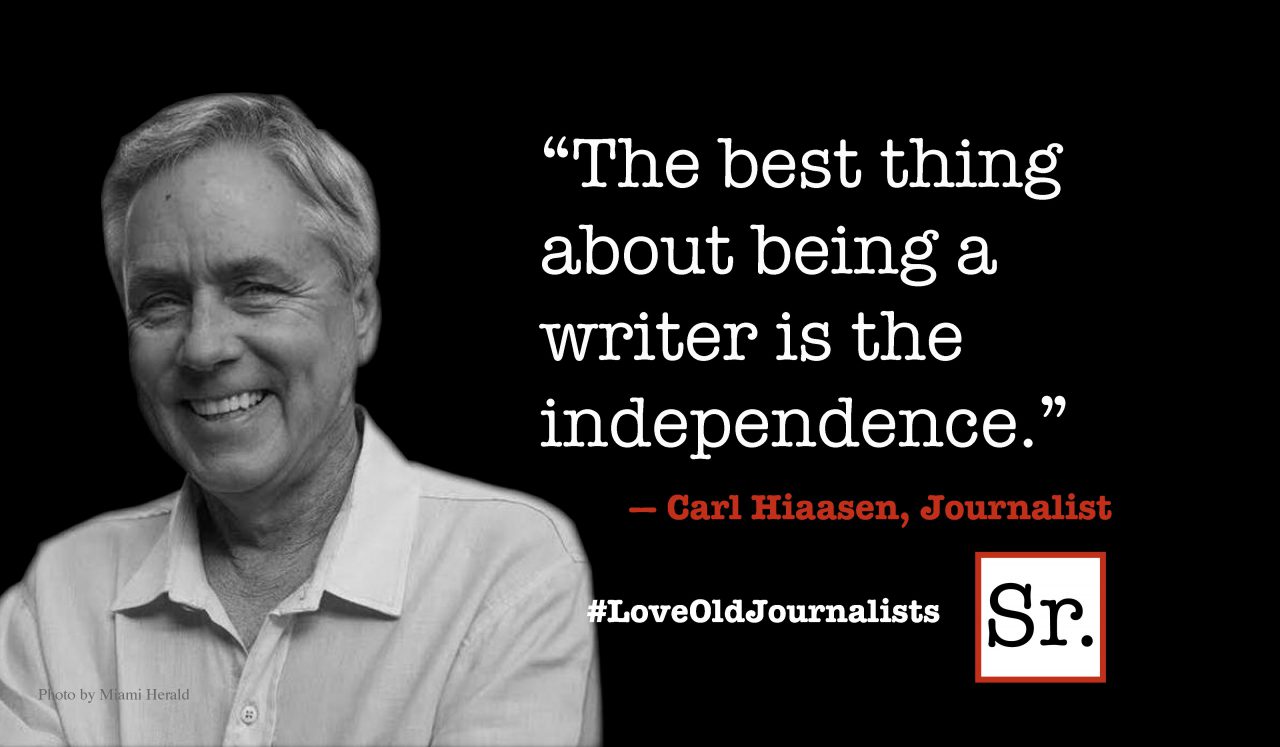Ok. I admit it! I am addicted to my iPhone, iPod, iTunes, iPad, iNews, iBooks, iWeather and more.
I am awakened each morning by my iAlarm. My fingers twitch when I am unable to reach out and touch my iPhone. Panic sets in when I lose signal. The inklings of my iAddiction can be traced back to the mid 1980s when I brought home my very first Mac. I was thrilled that I didn't need an engineering degree to use it. And I became intrigued by its' quirky young inventors, Steve Wozniak and Steve Jobs.
Ironically, I learned of Job's passing by receiving a news alert on my iPhone. We are grateful to him for a host of ever-present, all-purpose, people-friendly gizmos that bridge the divide between continents and cultures, poet and programmer, music lover and machinist, grandparent and grandchild. We tend to connect very personally with these friendly contraptions and use them to inspire and spark our own creativity.
Jobs' life and legacy goes beyond fundamentally changing the way we communicate, perform work tasks, listen to music, watch our favorite programs and so much more. In rare moments, he shared his philosophy.
"Remembering that I'll be dead soon is the most important tool I've ever encountered to help me make the big choices in life," he told the Stanford University graduating class of 2005. "Because almost everything — all external expectations, all pride, all fear of embarrassment or failure — these things just fall away in the face of death, leaving only what is truly important. Remembering that you are going to die is the best way I know to avoid the trap of thinking you have something to lose."
Jobs apparently became motivated and energized by the particular adversities his life provided, some of which include:
- Biological parents gave him up for adoption
- College drop out
- Company he founded booted him out
- Lost nearly all of his money
- Long battle with cancer
Jobs seemed to use the certainty of death to expand the impact of his life. And indeed he influenced millions of lives.









